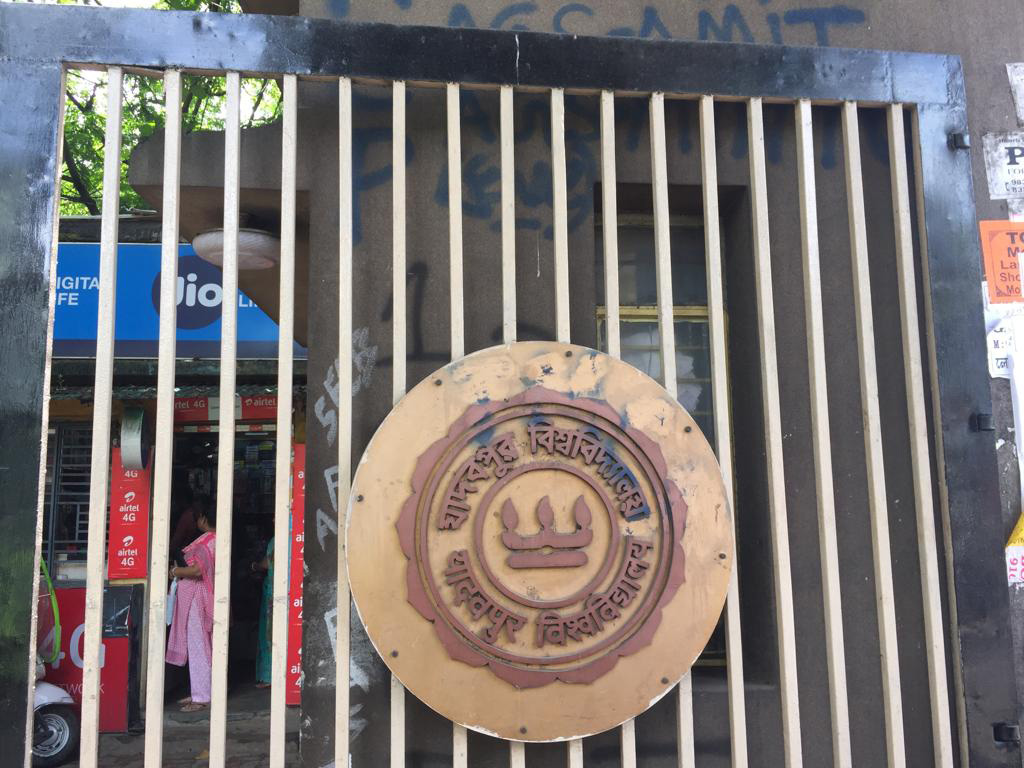Jadavpur University is unlikely to implement the domicile quota of 90 per cent for admission to engineering departments from the 2019-20 academic session since the online application procedure for the joint entrance examination has already been completed.
The policy seeks to reserve 90 per cent of the engineering seats at Jadavpur University (JU) for students who have passed their Plus-II board examinations from Bengal. The executive council, the university’s highest decision-making body, approved the proposal on March 18.
The online filling in of forms for the joint entrance examination (JEE) began on December 26 last year and the last date for submission was January 22. The examination is scheduled on May 26.
“An aspirant to a JU engineering course should have been aware of the domicile policy before submitting the form. A candidate who is not domiciled in Bengal might have submitted the online application under the impression that he would be able to study at JU if he cracked the JEE. If he is barred now, it could invite legal trouble,” an university official said.
Asked if the university would introduce the quota in the 2019-20 academic year, pro-vice-chancellor Pradip Kumar Ghosh had said on March 18: “That could be done if we get permission from the state government in time.”
The university was supposed to write to the director of technical education seeking permission to implement the domicile policy from the coming academic year.
Three weeks on, the university is yet to write to the higher education department.
Asked why the letter could not be written to the state government, the dean of the faculty council Chiranjeeb Bhattacharya declined to comment. Members of the faculty council for engineering and technology Metro spoke to attributed the delay to the university’s apprehension about implementing the policy after online application has closed.
Several professors blamed the council’s delayed response to the proposal for the stand-off.
“The council should have got the proposal approved by the executive council before communicating the decision to the JEE board so that an announcement could have been made before the start of the online form fill-in. But the council did not pursue the issue as vice-chancellor Suranjan Das had struck down the proposal on the ground that a university should not shut the door on deserving outstation candidates,” a council member said.
The issue was revived when a proposal seeking hundred per cent reservation was endorsed at a board of studies meeting of the mechanical engineering department in February. The move was followed up by other departments and culminated in the executive council approving the proposal on March 18.
Asked whether the university wrote to the state government on the domicile policy, Das said on Wednesday: “We have yet to write any letter. A sub-committee has been constituted on the issue,”.
Another university official said the committee would first work out modalities on how the policy could be implemented and then seek permission.
Several teachers in the power and electronics and telecommunication engineering department opposed to the move were relieved to know that the university has taken a go-slow approach and is unlikely to implement the domicile policy from this session.










